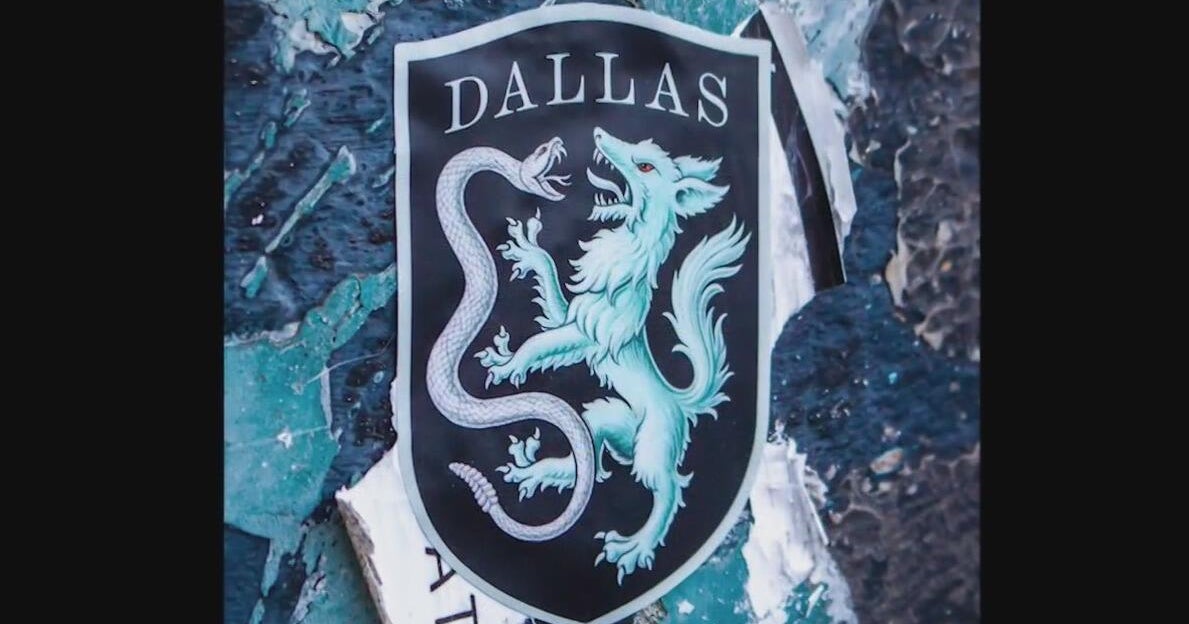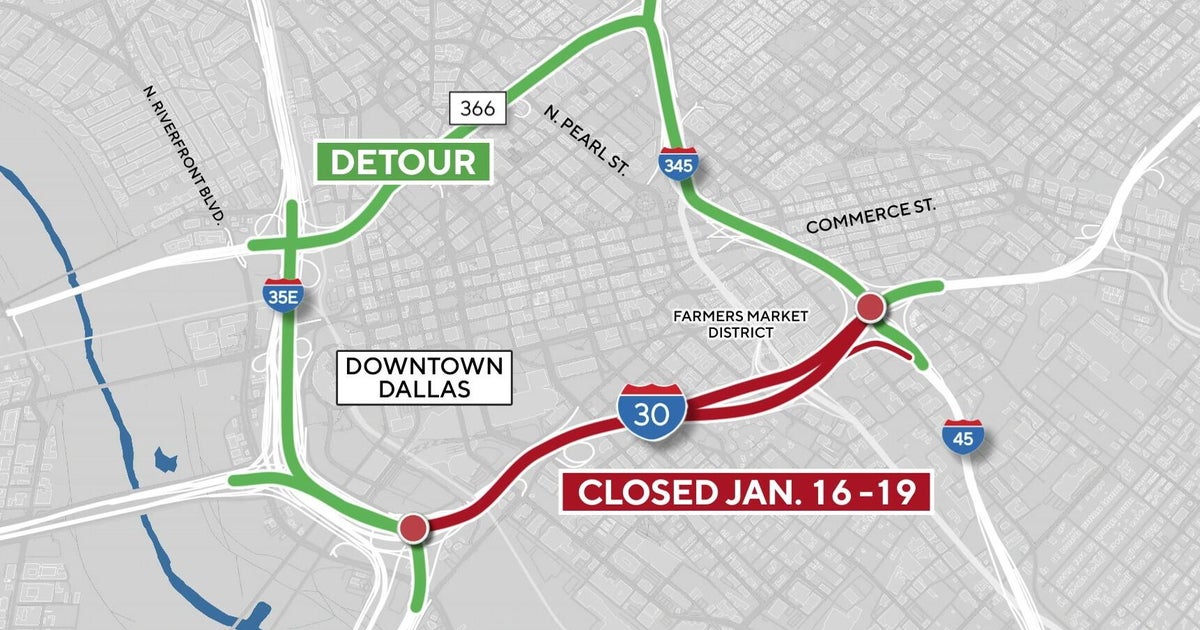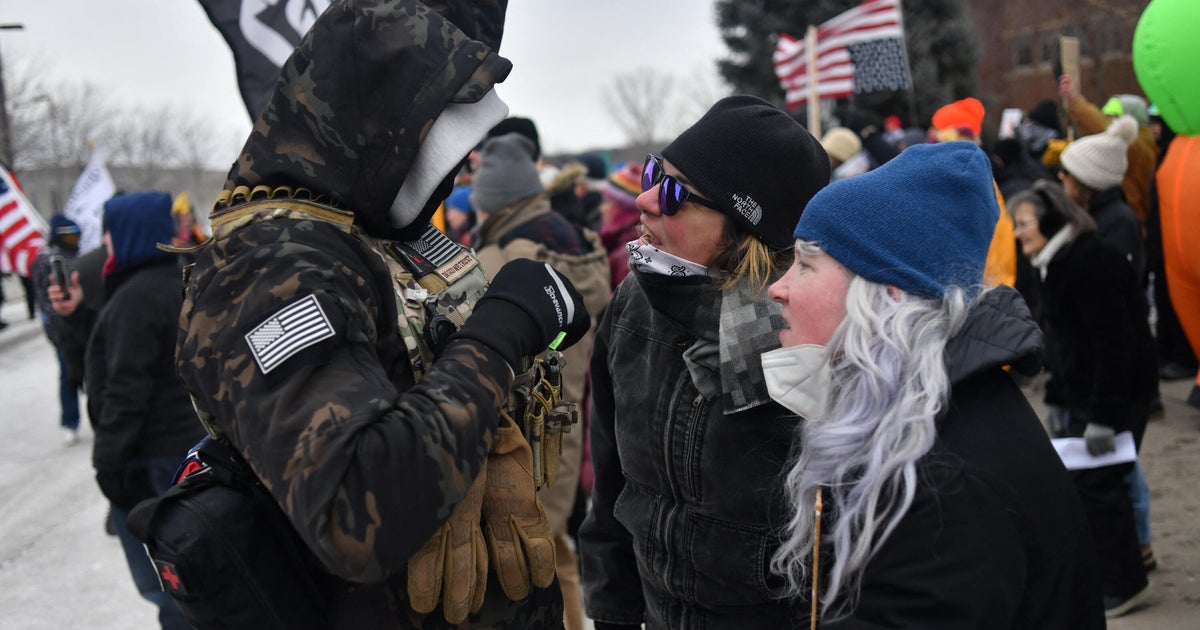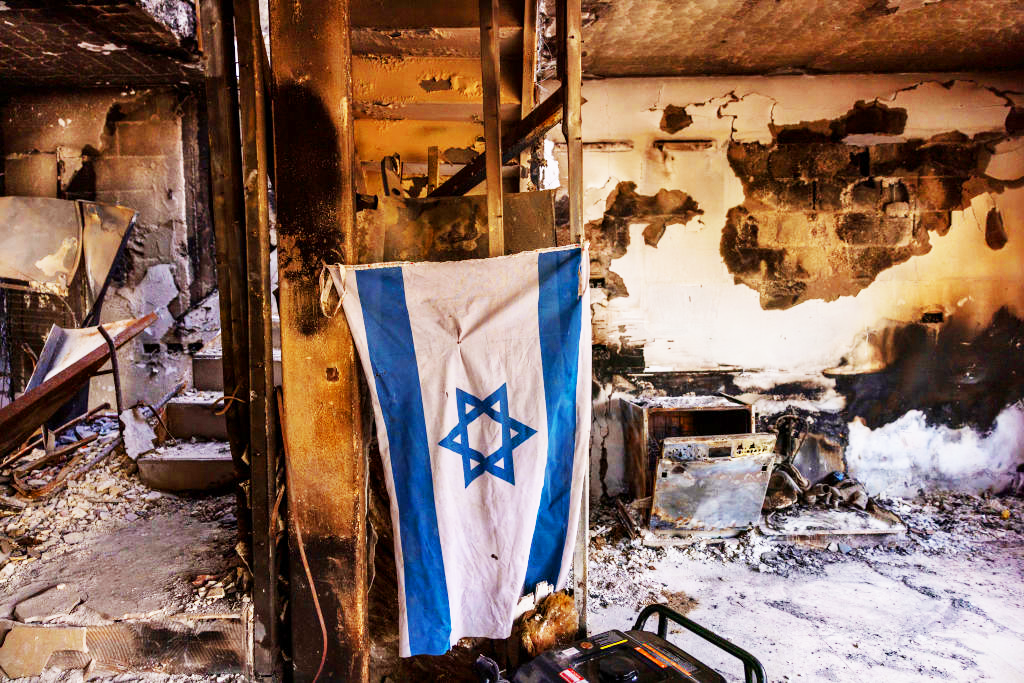Former KKK meeting place to be transformed into arts and cultural center
A former meeting place for the Ku Klux Klan in Fort Worth is one step closer to becoming a new arts center named after a Black man who was lynched about a mile from the site a century ago.
The project, Transform1012, received $3 million in federal funding on Tuesday. It will go towards transforming the decrepit building on Main Street, just north of downtown Fort Worth.
The meeting space was built in 1924 by the KKK, and became the Fort Worth headquarters for the white supremacist group.
It now stands a three-story monument to racism and terror.
"When I think about this place and the hatred that members of this place, the KKK, how they went out into the community and struck fear in a lot of residents," said Fred Rouse III.
His grandfather, Fred Rouse, was lynched in 1921 not far from the building.
Fred Rouse was a black butcher for Swift & Company in the Stockyards. As a strikebreaker, he crossed both union and racial lines. Leaving work one day, he was attacked, stabbed and left for dead by a group of strike agitators.
After police discovered Rouse was still alive, they brought him to the hospital. Five days later, a mob of angry white men barged in and kidnapped him.
They drove north to what had become known as the "Death Tree."
"They shot him," Rouse III said. "They stabbed him. They hung him from a tree."
It's one of the darkest chapters in the city's history, but a group of non profits came together to bring the story into the light and turn the site into something new.
"It's going to be a place of hope, a place of love, a place of acceptance," said Sharon Herrera, executive director of LGBTQ SAVES, one of the eight groups involved in the project.
The others are DNAWORKS, the Opal Lee Foundation, SOL Ballet Folklórico, Tarrant County Coalition for Peace and Justice, The Welman Project, Window to Your World, and the 1012 Youth Council.
The plans for the Fred Rouse Center for Arts and Community Healing include a performance space, museum exhibits, and a resource center for LGBTQ youth.
The $3 million in federal funding will go towards the $40 million needed to complete the transformation.
"It's definitely a sign of hope we're excited to receive in the hopes that we can get more funds to help us accomplish our goals," said Freddy Cantu, cofounder and director of SOL Ballet Folklórico.
The group hopes to open the doors to the center in 2025.
"Five, ten years from now, I see joy," said Rouse III. "I see this space bringing a lot of communities together, giving everybody a place of refuge."





